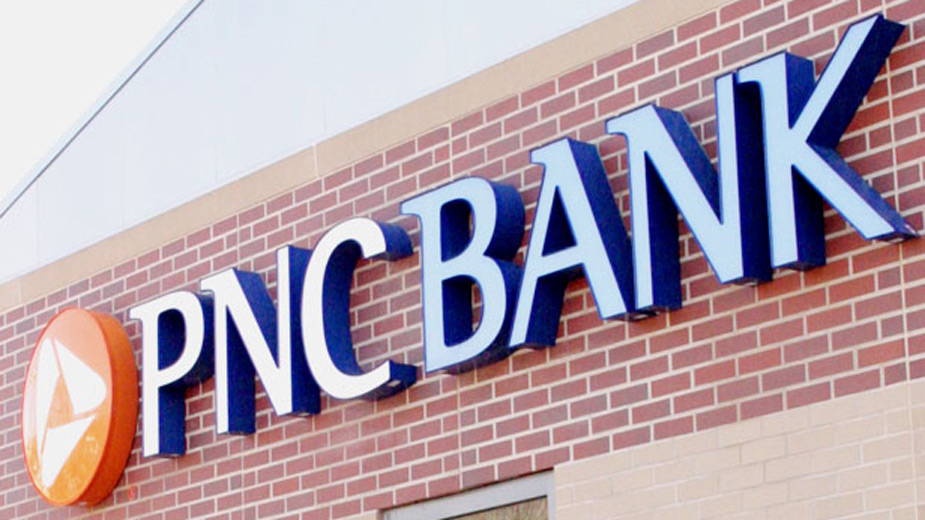SBA Expands Access to Loans from Credit Unions
WASHINGTON — The U.S. Small Business Administration and the National Credit Union Administration have signed a memorandum of understanding to expand the accessibility of small-dollar SBA loans from credit unions. The MOU was signed by Maria Contreras-Sweet, SBA administrator, and Debbie Matz, chairman of the NUCA board.
“A unique aspect of the SBA and NCUA partnership is that SBA small-dollar loans do not count against credit unions’ business loan cap, so they are well suited to expanding access to these loans,” Contreras-Sweet said. “This provides flexibility to credit unions to distribute small-dollar loans, increasing access to capital to local economies and enriching the entrepreneurial communities which credit unions serve.”
Since 2011, the outstanding balance of SBA loans by credit unions has grown nearly 50% to $1.2 billion.
“Millions of Americans have used their credit union to finance their car, home or children’s education. We want to empower credit unions to finance small business start-ups, too,” Contreras-Sweet said.
The SBA is making small dollar-loans a top priority in efforts to increase business lending and reach to underserved borrowers. Once a loan is approved, the SBA uses a network of resource partners such as Score, Women’s Business Centers and Small Business Development Centers to offer free counseling and technical assistance to help small business owners deploy their working capital and grow their businesses and revenues.
“This is a tremendous opportunity for credit unions and small business owners,” Matz said. “SBA-guaranteed loans made by credit unions provide needed capital for existing small businesses and start-ups that might have difficulty obtaining loans from other institutions. With a significant portion of principal guaranteed by the full faith and credit of the United States government, SBA loans rank among credit unions’ safest loans. There is a vast untapped capacity for credit unions to make more SBA loans.”
An additional benefit of this partnership is that it expands access to capital for individuals planning to start a business after earlier career endeavors, Matz continued. The average age of credit union members is 47 and the fastest-growing group of entrepreneurs consists of men and women age 50 and above, spurred by the low cost of starting a successful small business in the Internet age.
Copyright 2024 The Business Journal, Youngstown, Ohio.


